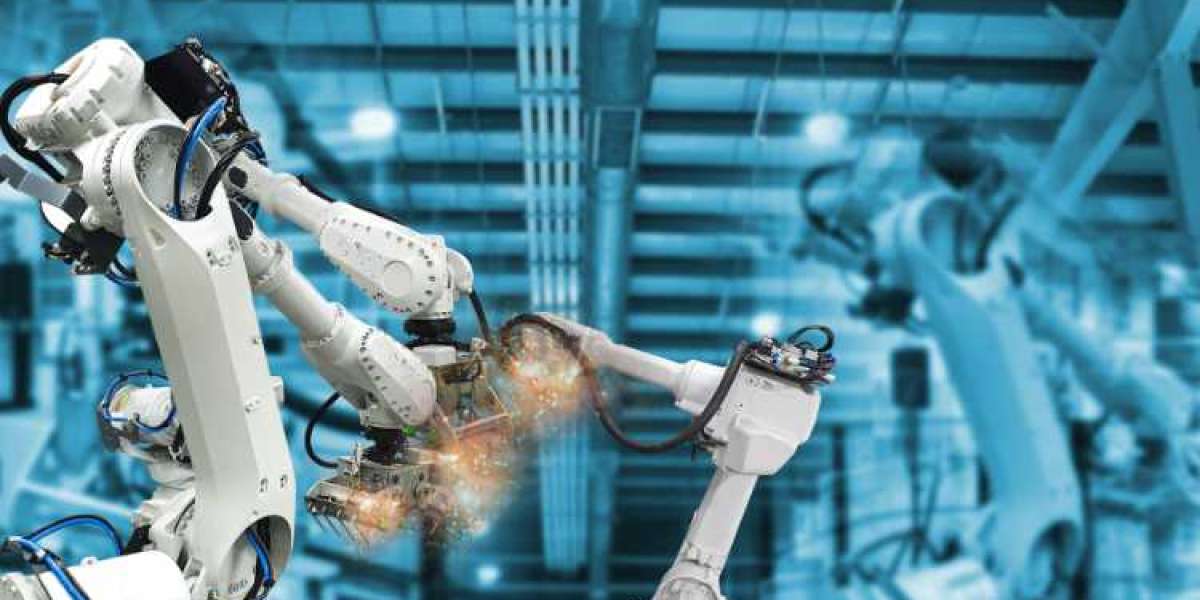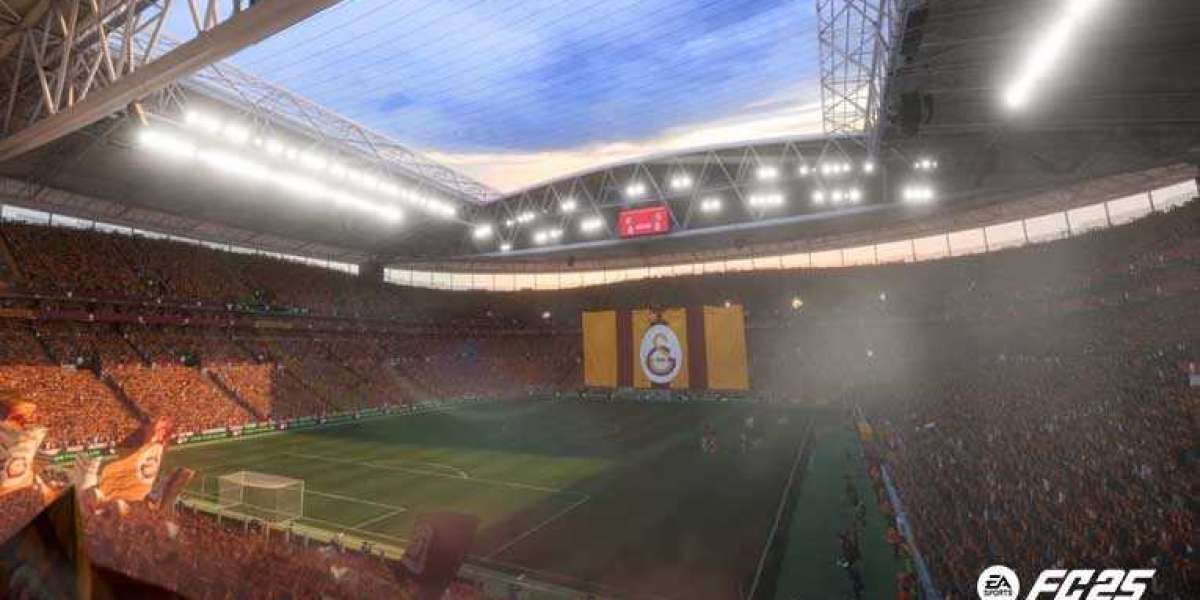When it comes to setting up solar inverters for your industry, one of the key decisions you'll need to make is whether to opt for indoor or outdoor installation. Each option comes with its own set of advantages and considerations, so it's essential to weigh them carefully before making a choice.
Environmental Considerations
One of the primary factors to consider when deciding between indoor and outdoor solar inverter installation is the environmental conditions of your industry. Outdoor installations are exposed to the elements, which can include temperature fluctuations, humidity, and potential damage from debris or wildlife. On the other hand, indoor installations are protected from these external factors, providing a more controlled environment for your inverters.
Space Constraints
Another crucial aspect to think about is the availability of space in your industry. Indoor installations may require dedicated rooms or areas to house the inverters, which could limit the space available for other equipment or operations. Outdoor installations, on the other hand, can be placed in open areas, making them a more suitable option for industries with limited indoor space.
Maintenance and Accessibility
When it comes to maintenance and accessibility, the choice between indoor and outdoor solar inverter installation can have a significant impact. Indoor inverters are easier to access for routine maintenance and repairs since they are located within the premises. Outdoor inverters, on the other hand, may require additional safety measures and equipment for maintenance, especially in adverse weather conditions.
Cost Considerations
Cost is always a crucial factor to consider when making decisions for your industry. Indoor solar inverter installations may require additional ventilation, cooling, or fire protection systems to ensure the safety of the equipment and personnel. Outdoor installations, while potentially cheaper in terms of infrastructure, may incur higher maintenance costs due to exposure to the elements.
Ultimately, the choice between indoor and outdoor solar inverter installation for your industry will depend on a variety of factors specific to your operations and requirements. It's essential to conduct a thorough assessment of your needs and constraints before making a decision to ensure that you choose the option that best suits your industry.








